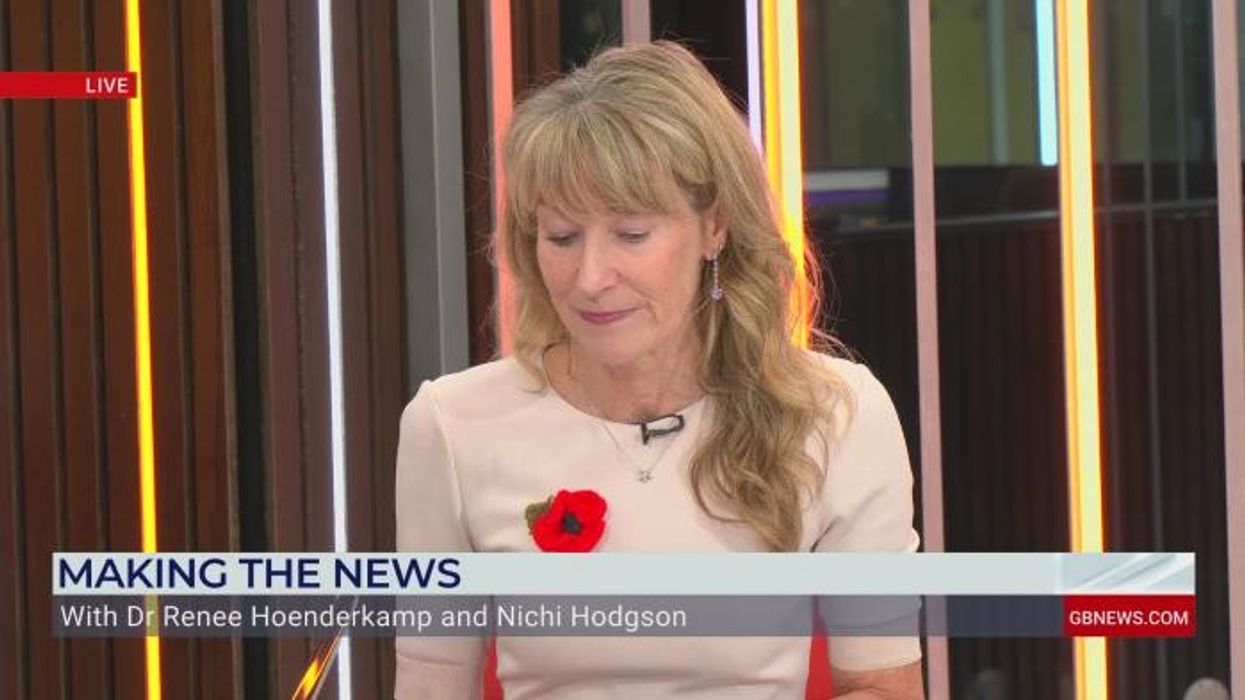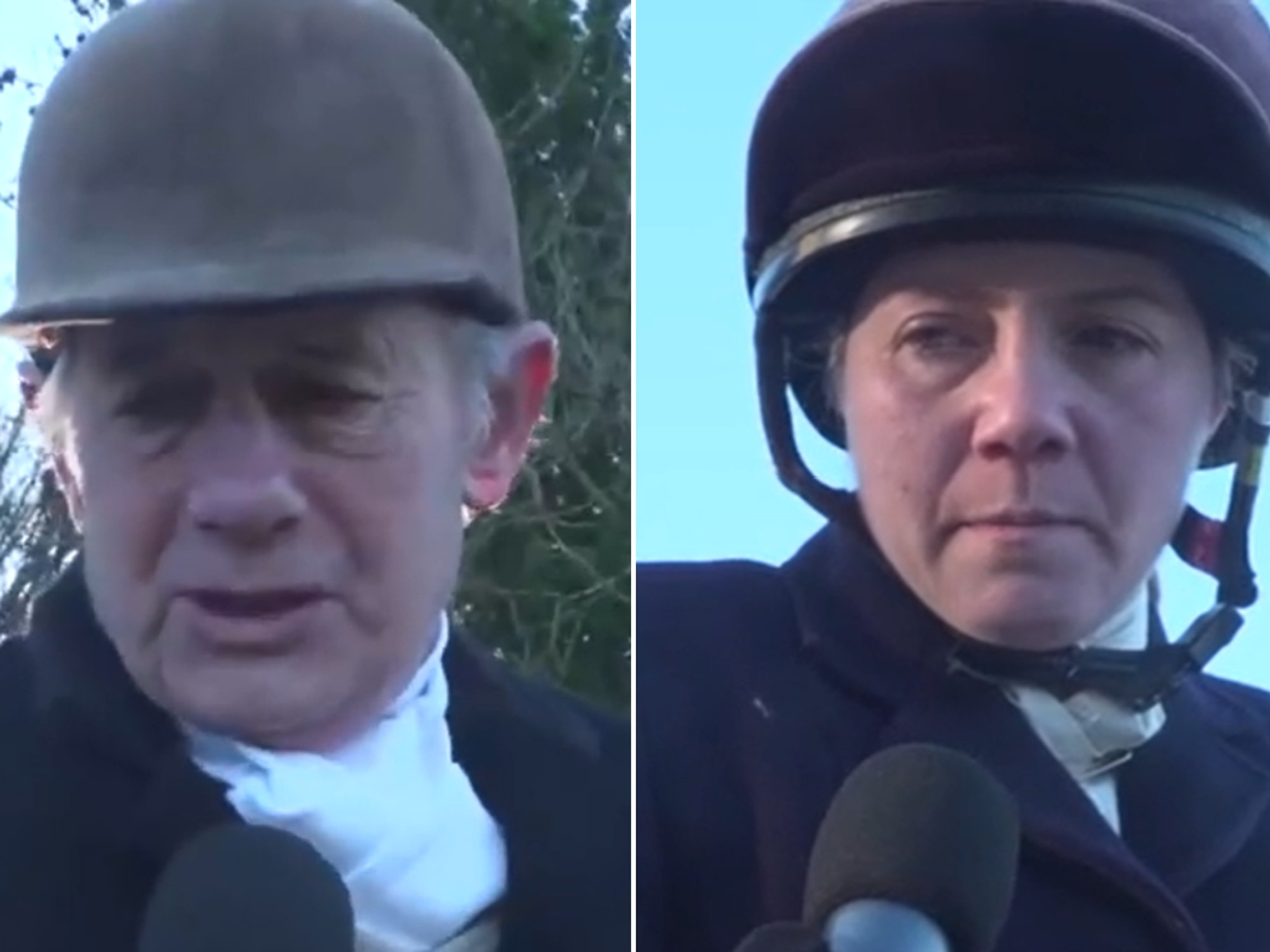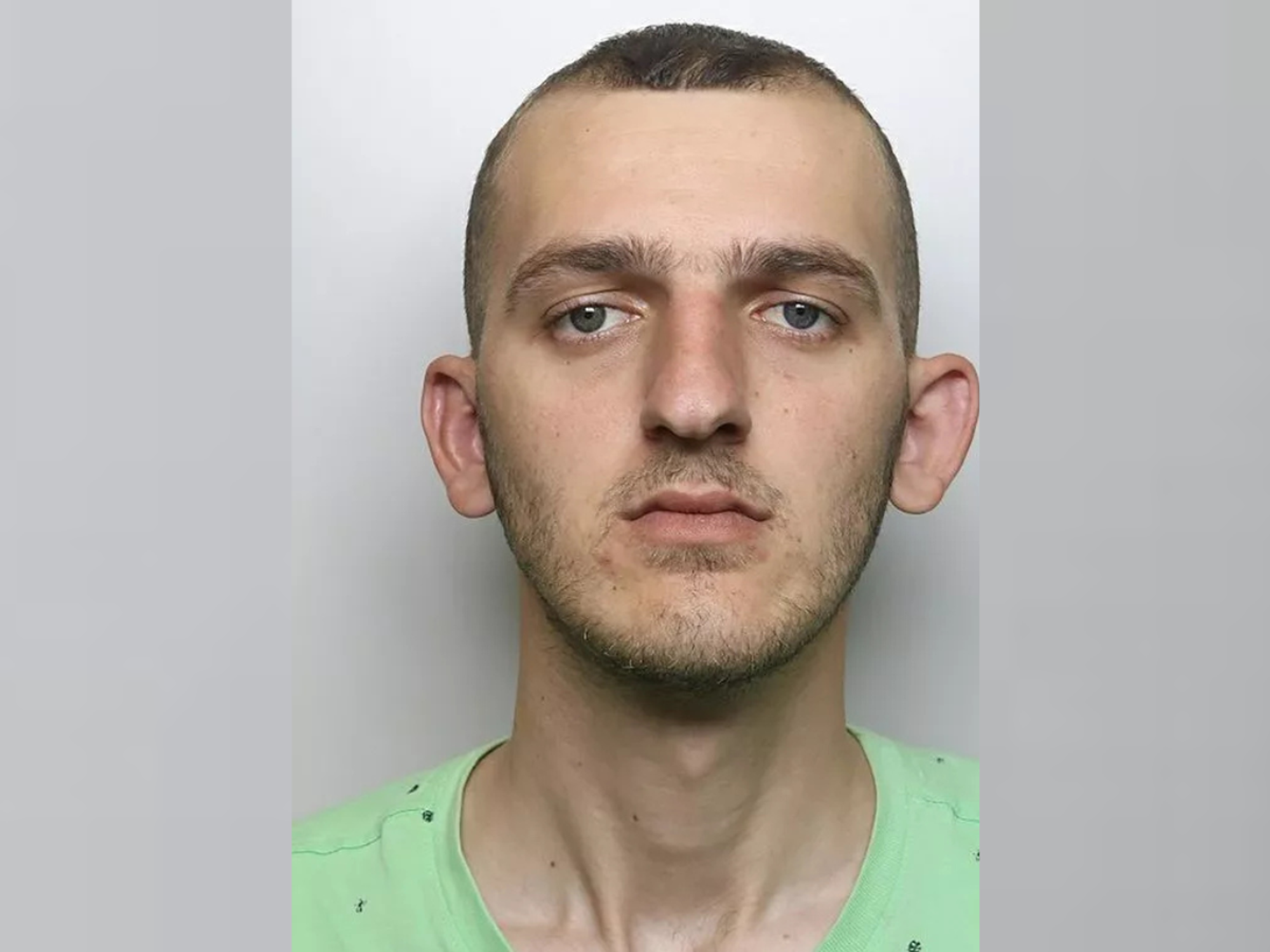Science breakthrough as experts claim to have discovered evidence of an afterlife

Patients who are resuscitated after their heart stops often end up reliving 'every single moment of their lives' in a flash, it has been claimed
Don't Miss
Most Read
A leading scientist who has studied millions on near-death experiences has claimed to have discovered evidence of an afterlife.
Dr Sam Parnia - an associate professor of medicine at New York University’s Langone Medical Centre - said that patients who are resuscitated after their heart stops often end up reliving “every single moment of their lives” in a flash.
He added that this phenomenon can happen through their own eyes, but also through someone else’s perspective.
Dr Parnia said that this only happens to those who are clinically dead, which is when blood circulation and breathing stops.
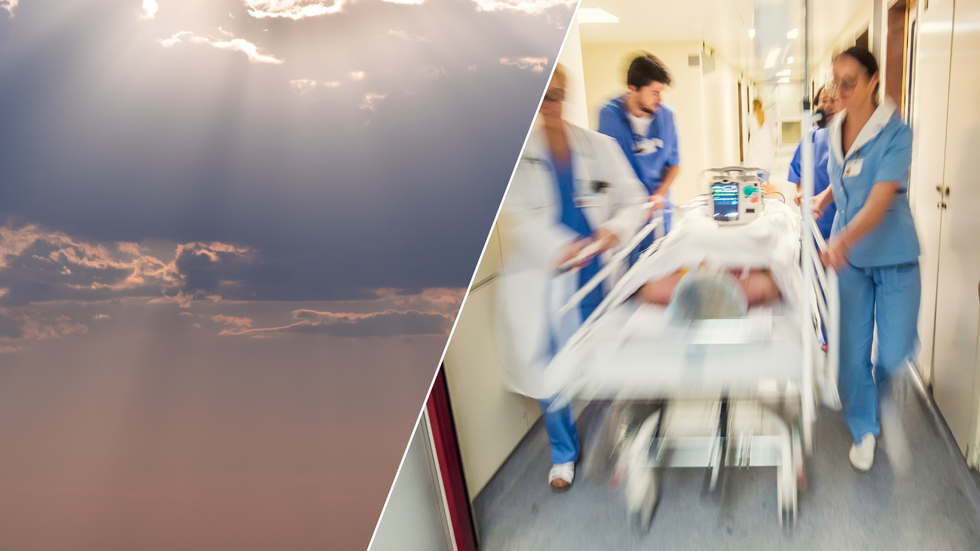
Science breakthrough as experts claim to have discovered evidence of an afterlife
|Getty
He told Times Radio that “many millions of people all over the world” have experienced this.
“We've studied this in many thousands of people using many different scientific methods.”
The NYU professor, who has researched this topic for thirty years, continued: “Incredibly, [patients] consistently report that even though from the outside perspective there looks like there is no consciousness and they're supposed to be dead, internally they go through a new experience.”
He said that patients become more lucid in this state, and are able to gather information about what is happening to them.
MORE SCIENCE BREAKTHROUGHS:
“What's really remarkable is that in this state, they then start to relive every single moment of their lives, every interaction they've had with others — not only from their own perspective but also the other person's experience and perspective.
“For example, if they had done something to hurt someone, they relive the exact same pain the other person has had.
“If they've done something that's caused happiness in other people, they relive the same happiness.”
Scientific studies have shown that the brain still briefly functions after the heart stops, with some research revealing that the brain can experience bursts of activity an hour without oxygen.
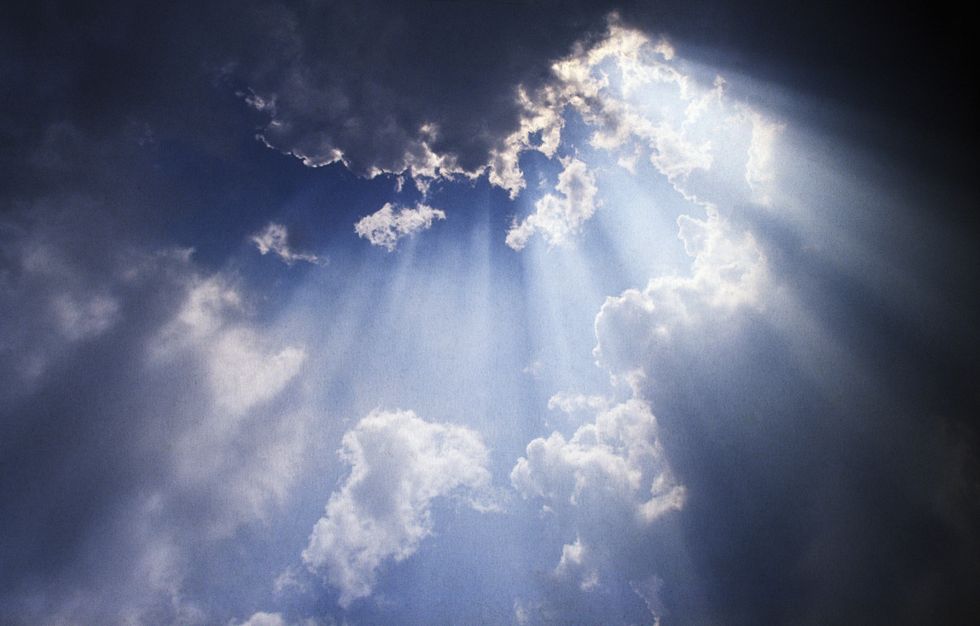
A leading scientist who has studied millions on near-death experiences has claimed to have discovered evidence of an afterlife
|Getty
Standard practice dictates that people should be declared dead after three to five minutes without oxygen going to the brain - however, some medics are now calling for this to be extended.
“We weren't supposed to investigate what happens beyond death,” he said, noting that while the average person could barely record a fraction of our lives if asked, however, when dead, they can see it all.
“In death, it's as if everything was recorded in life that comes to the fore like an iceberg that emerges,” he said.
He added that whilst many don’t come back after being declared clinically dead, those who do are transformed by the experience.


